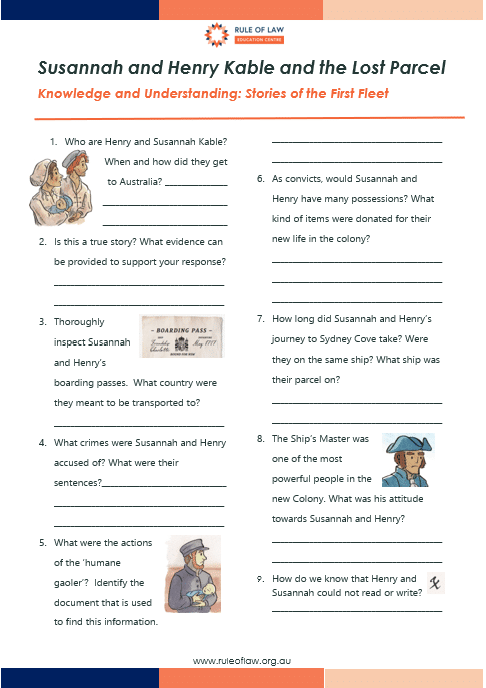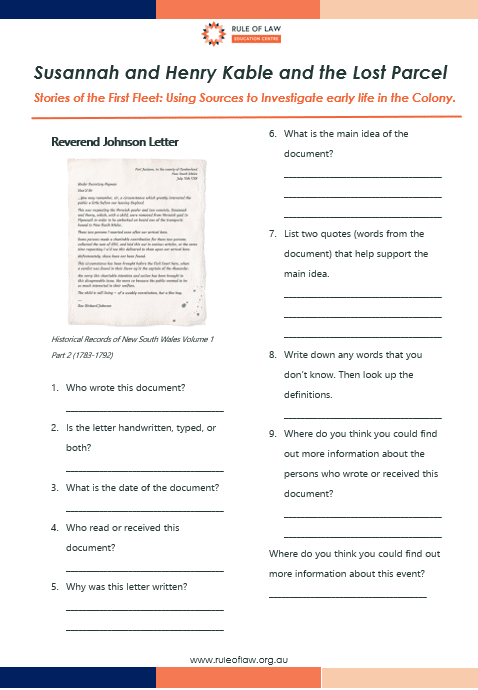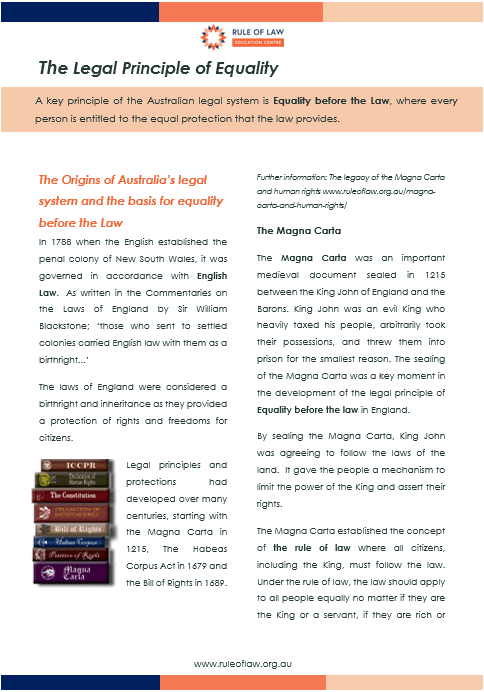Letters
Reverend Richard Johnson’s Letter
The Rev Richard Johnson to
Under Secretary Nepean.
Port Jackson, in the county of Cumberland
New South Wales
July 12th 1788
Hon’d Sir
You may remember, sir, a circumstance which greatly interested the public a little before our leaving England.
This was respecting the Norwich goaler and two convicts, Susannah and Henry, which, with a child, were removed from Norwich gaol to Plymouth in order to be embarked on board one of the transports bound to New South Wales.
These two persons I married soon after our arrival here.
Some persons made a charitable contribution for these two persons, collected the sum of 20pounds, and laid this out in various articles, at the same time requesting I w’d see this delivered to them upon our arrival here.
Unfortunately, these have not been found,
This circumstance has been brought before the Civil Court here, when a verdict was found in their favor ag’st the captain of the Alexander.
Am sorry this charitable intention and action has been brought to this disagreeable issue, the more so because the public seemed to be so much interested in their welfare.
The child is still living – of a weakly constitution, but a fine boy.
Richard Johnson.

The Kables’ Letter
To Mrs Dinah Cable
Laxfield Suffolk
England
Sydney Cove
New South Wales
17 November 1788
My dear mother, brother and sisters,
We have an extreme good and healthy climate, very heavy rains and prodigious heavy claps of thunder. Here the sun goes to the left from the eastwards, our summer is very hot, our winter which commences at May is not altogether very cold but very sharp.
When we arrived here, we made application for the parcel that was sent over in the Alexander, but could get no account of it; however, Capt. Collins, our Judge here, made the Captain of the Alexander give us a note of hand for £15 which we transmitted to England. We have a little garden, which supplies us with cabbage and turnips in
plenty; likewise I have gathered a small crop of peas … Some officers have been so pleased with my conduct, that they continue me in the office of an overseer over the women, there being several overseers over the men.
Our little boy Harry (Henry) is a promising little fellow, and goes to school …
It is day here when it is night with you.
Henry and Susannah Cable.

Education Resources
The Rule of Law Education Centre has written a storybook that tells the true story of Henry and Susannah Kable and their fight for justice over their parcel lost on the First Fleet.
Aligned with the Australian Curriculum Civics and Citizenship and History strands, this storybook is for families and schools to help understand the principles of justice, fairness, equality and the rule of law.
Summary of the Case of Susannah and Henry Kable
Even though Susannah and Henry were poor convicts who could not read or write, they were able to use the justice system to restore their loss and sue the powerful Ship’s Captain. This resource provides a summary of the case and outlines the key evidence given during the trial.
Stories of the First Fleet: Knowledge and Understanding
Using short answer questions, this resource uses the book ‘The Lost Parcel’ to investigate the lives of two convicts Henry and Susannah Kable, their reasons for transportation with the First Fleet, the attitudes of the English community to their plight and their experiences in the early colony.
Stories of the First Fleet: Investigating Source Documents
This resource uses two source documents, a letter from Reverend Richard Johnson, and the Charge Sheet from the NSW Court of Civil Proceedings (see below) to investigate the lives of Henry and Susannah Kable and their experiences with the legal system in the early colony.
Timeline
Using the details from the Lost Parcel Book or their own research, students can complete this timeline of events.
Write your own play or narrative
This activity helps students create a play or narrative story to deepen their understanding of the story of Henry and Susannah and their
lost parcel.
Origins of Australia's Legal System and Equality before the Law
In 1788 when the English established the penal colony of New South Wales, it was governed in accordance with English Law. Legal principles and protections had developed over many centuries, starting with the Magna Carta in 1215, The Habeas Corpus Act in 1679 and the Bill of Rights in 1689. Click here to learn more.

Acknowledgements
The Lost Parcel was written by the team at the Rule of Law Education Centre: Robin Speed, Sally Layson, Leanne Davis, Justine Hanks, Aaron Martano, Heidi Windybank and Katherine Layson.
Concepts have drawn from ‘The Rule of Law in a Penal Colony’ by David Neal, the works of Professor Martin Krygier, ‘Damned Rascals? A chronicle of Henry and Susannah Kable’ by Paul Kable and June Whittaker and assistance from Bill Kable.
This project is supported by Create NSW’s Cultural Grant Program, a devolved funding administered by the Royal Australian Historical Society on behalf of the NSW Government.











